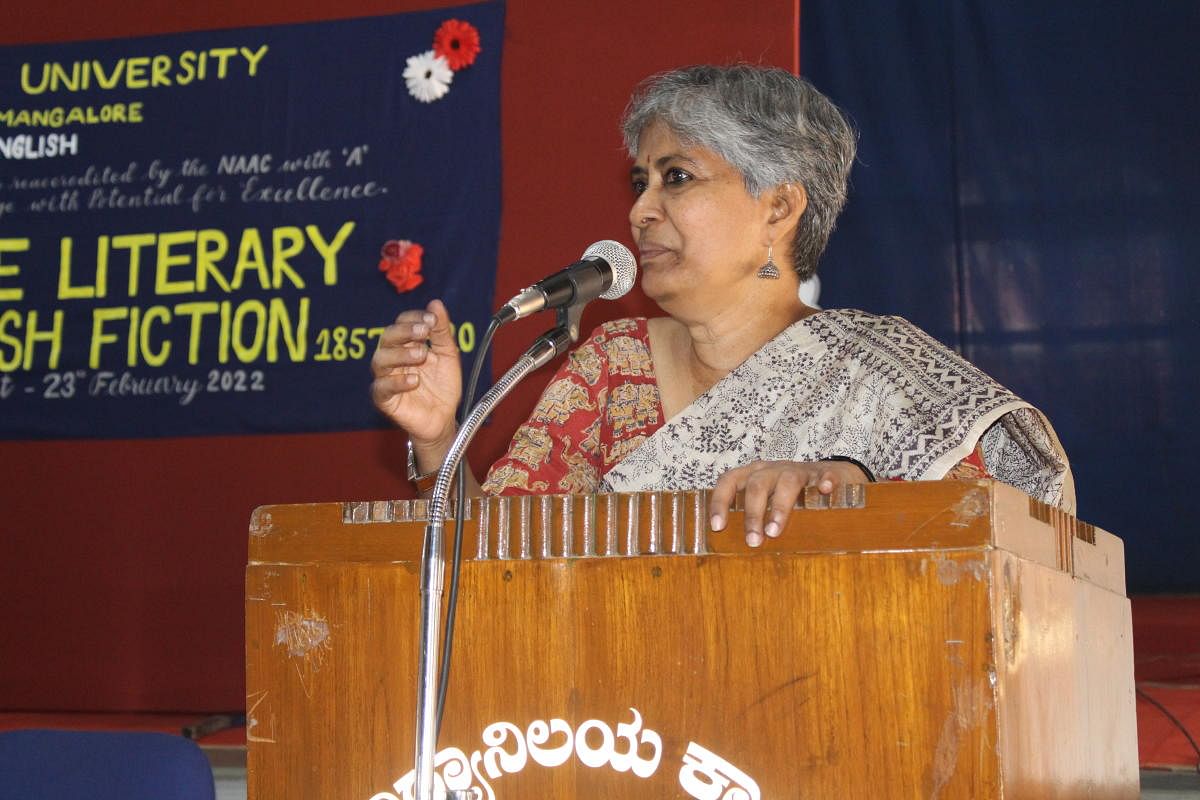
"We should know how our elders struggled for our promising present. It is our duty to trace the genealogy of the past, in order to understand how we are connected to them and how we can learn from their contributions," said Mangalore University English professor Dr Parinitha.
Dr Parinitha was delivering a special lecture on the occasion of an intercollegiate students event, 'Revisiting the literary past: Indian English fiction (1857-1920)', organised by the Department of English, University College, at Ravindra Kalabhavana on Wednesday.
Dr Parinitha, elaborating on 'Saguna' of 'Krupabai Satthianadhan', the first Indian woman to write an autobiography in English, said that conversion was never a smooth transition, especially for women.
But, it was a long process filled with struggles, she added.
Highlighting examples like ‘Sathi’ practice from the novel ‘Saguna’, she said that social and religious reforms began in the early 19th century and most of the reformers were upper-caste males.
Myths about women’s education were so high that it was believed that a girl's education would cause death to her husband, she said.
She also highlighted the dilemma of a traditional woman who gets converted to Christianity.
“Academic empowerment of women strengthens them, but, even education is not a smooth transition,” she added.
An exhibition on the theme ‘revisiting the literary past’ attracted people.
Dr Parinitha released ‘Literary Minds’, a collection of student articles, on different writers in India.
Students from various colleges presented research papers.